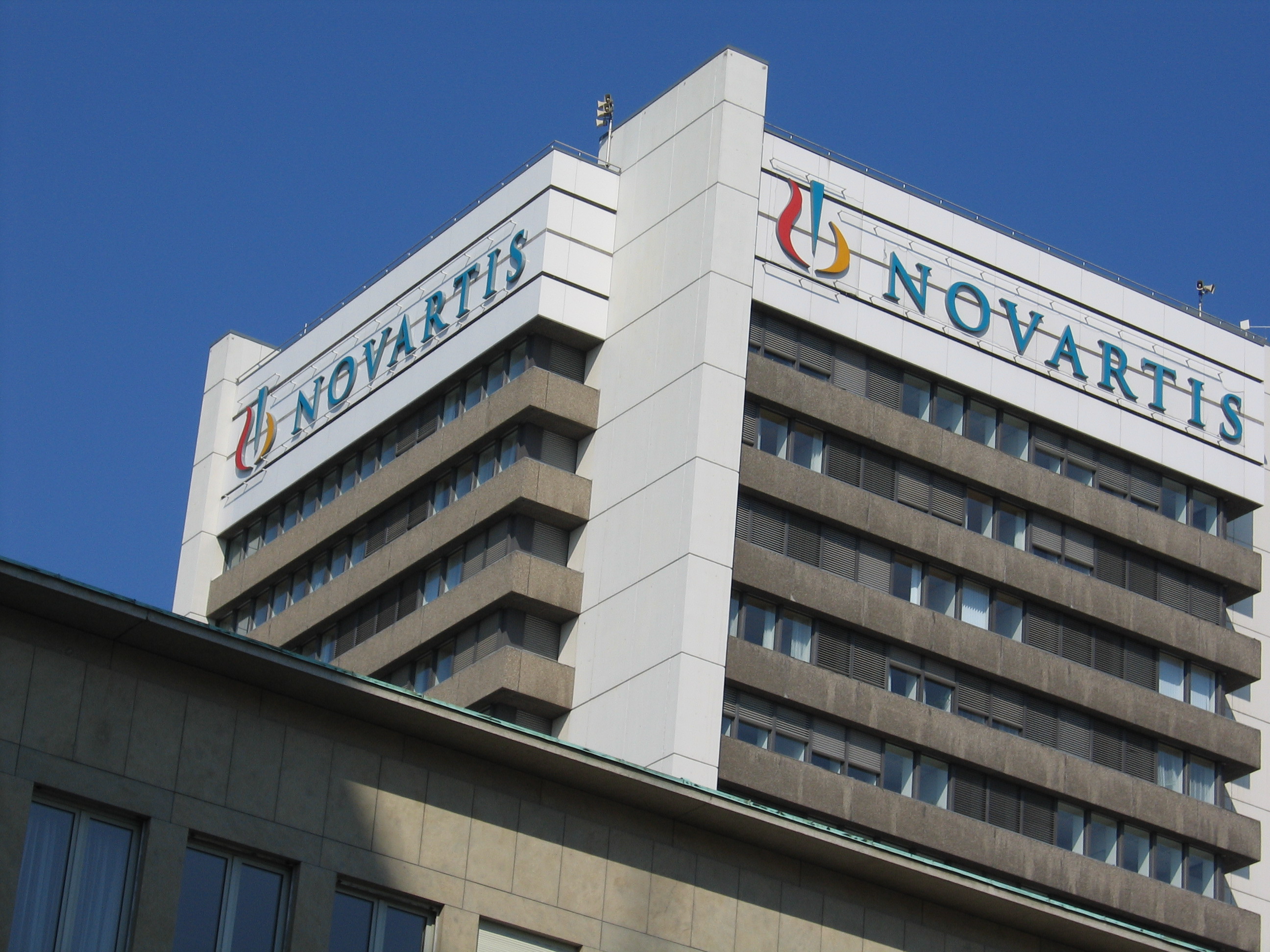
Novartis drug PKC412 (midostaurin) granted FDA Priority Review for newly-diagnosed FLT3-mutated AML and advanced systemic mastocytosis.
Novartis announced that the U.S. Food and Drug Administration (FDA) granted Priority Review to the PKC412 (midostaurin) new drug application (NDA) for the treatment of acute myeloid leukemia (AML) in newly-diagnosed adults with an FMS-like tyrosine kinase-3 (FLT3) mutation, as well as for the treatment of advanced systemic mastocytosis (SM).
The premarket approval application (PMA) for the PKC412 (midostaurin) FLT3 companion diagnostic, developed in collaboration with Invivoscribe Technologies, Inc. (IVS)* has also been accepted for review by the FDA. Outside the U.S., the marketing authorization application for PKC412 (midostaurin) in these indications has already been accepted by the European Medicines Agency (EMA).
AML is a rare and aggressive cancer of the blood and bone marrow. It is associated with the accumulation of blood cells that are unable to mature properly, causing a buildup of immature “blast” cells that do not allow room for normal blood cell development6. Mutations in specific genes are found in many cases of AML, and molecular testing is recommended for newly-diagnosed patients to help determine prognosis and best possible treatment4.
“FLT3-mutated AML and advanced SM are devastating and rare diseases, with significant unmet needs due to limited existing treatment options,” said Bruno Strigini, CEO, Novartis Oncology. “This regulatory designation signifies the importance of midostaurin as a potential therapy for these patients who haven’t had the benefit of targeted medicines.”
The NDA submission for PKC412 (midostaurin) includes data from the largest clinical trials conducted to date in each indication. In the Phase III RATIFY trial (CALGB 10603), which investigated PKC412 (midostaurin) plus standard chemotherapy versus placebo plus standard chemotherapy in adult patients less than 60 years of age with FLT3-mutated AML, those in the PKC412 (midostaurin) arm experienced a statistically significant improvement in overall survival (OS) with a 23% reduction in risk of death compared to the placebo arm (hazard ratio [HR] = 0.77, P = 0.0074)1. Based on these data, PKC412 (midostaurin) was also granted Breakthrough Therapy designation by the FDA earlier this year for newly-diagnosed FLT3-mutated AML.
In the RATIFY trial, no statistically significant differences were observed in the overall rate of grade 3 or higher hematologic and non-hematologic adverse events (AEs) in the PKC412 (midostaurin) treatment group versus the placebo group[5]. The most frequent all grade AEs were febrile neutropenia, nausea, exfoliative dermatitis, vomiting, headache, petechiae (small red skin spots) and pyrexia5. A total of 36 deaths occurring within 30 days of the last dose of study drug were reported, with no difference in treatment-related deaths observed between groups5.
Data from the Phase II single-arm study (CPKC412D2201) evaluating the efficacy of PKC412 (midostaurin) in patients with advanced SM were also published in the New England Journal of Medicine in June 2016. The study showed that treatment with PKC412 (midostaurin) resulted in an overall response rate of 60% (defined as complete or partial resolution of organ damage) with a median duration of response of 24.1 months (95% CI, 10.8-not estimated [NE]) and a median OS of 28.7 months (95% CI, 18.1-NE)2. The most frequent AEs were low-grade nausea, vomiting and diarrhea. New or worsening grade 3 or 4 neutropenia, anemia and thrombocytopenia occurred mostly in patients with pre-existing cytopenias2.
A Priority Review designation is granted by the FDA to therapies that may provide significant improvements in the treatment, diagnosis or prevention of serious conditions3. According to the FDA, the goal is to take action on a Priority Review application within six months, compared to 10 months under the standard review process3. Novartis has been granted a growing number of Priority Review designations by the FDA, underscoring the company’s ongoing commitment to developing innovative therapies for rare diseases or underserved cancer patients.
Since PKC412 (midostaurin) remains investigational at this time, both within the U.S. and globally, Novartis opened a Global Individual Patient Program (compassionate use program) and in the U.S., an Expanded Treatment Protocol, to enable access to eligible patients with newly-diagnosed AML and advanced SM. Physicians who wish to request PKC412 (midostaurin) for eligible patients should contact a Novartis medical representative in their respective countries. In the U.S., physicians can call 1-888-NOW-NOVA (1-888-669-6682) for more information.
__________________________________________
References:
[2] Gotlib J, Kluin-Nelemans HC, George TI, et al. Efficacy and Safety of Midostaurin in Advanced Systemic Mastocytosis. N Engl J Med. 2016;374(26):2530-2541.
[3] US Food and Drug Administration (FDA). Priority Review. https://www.fda.gov/forpatients/approvals/fast/ucm405405.htm(link is external). Accessed November 1, 2016.
[4] NCCN Clinical Practice Guidelines in Oncology (NCCN Guidelines®) Version 1.2016 Acute Myeloid Leukemia. https://www.nccn.org/professionals/physician_gls/pdf/aml.pdf(link is external). Accessed November1, 2016.
[5] Novartis data on file.
[6] National Institute of Health (NIH) National Cancer Institute NCI. Adult Acute Myeloid Leukemia Treatment (PDQ®) https://www.cancer.gov/types/leukemia/patient/adult-aml-treatment-pdq(link is external). Accessed November 1, 2016.
(Source: Novartis)
Filed Under: Drug Discovery




